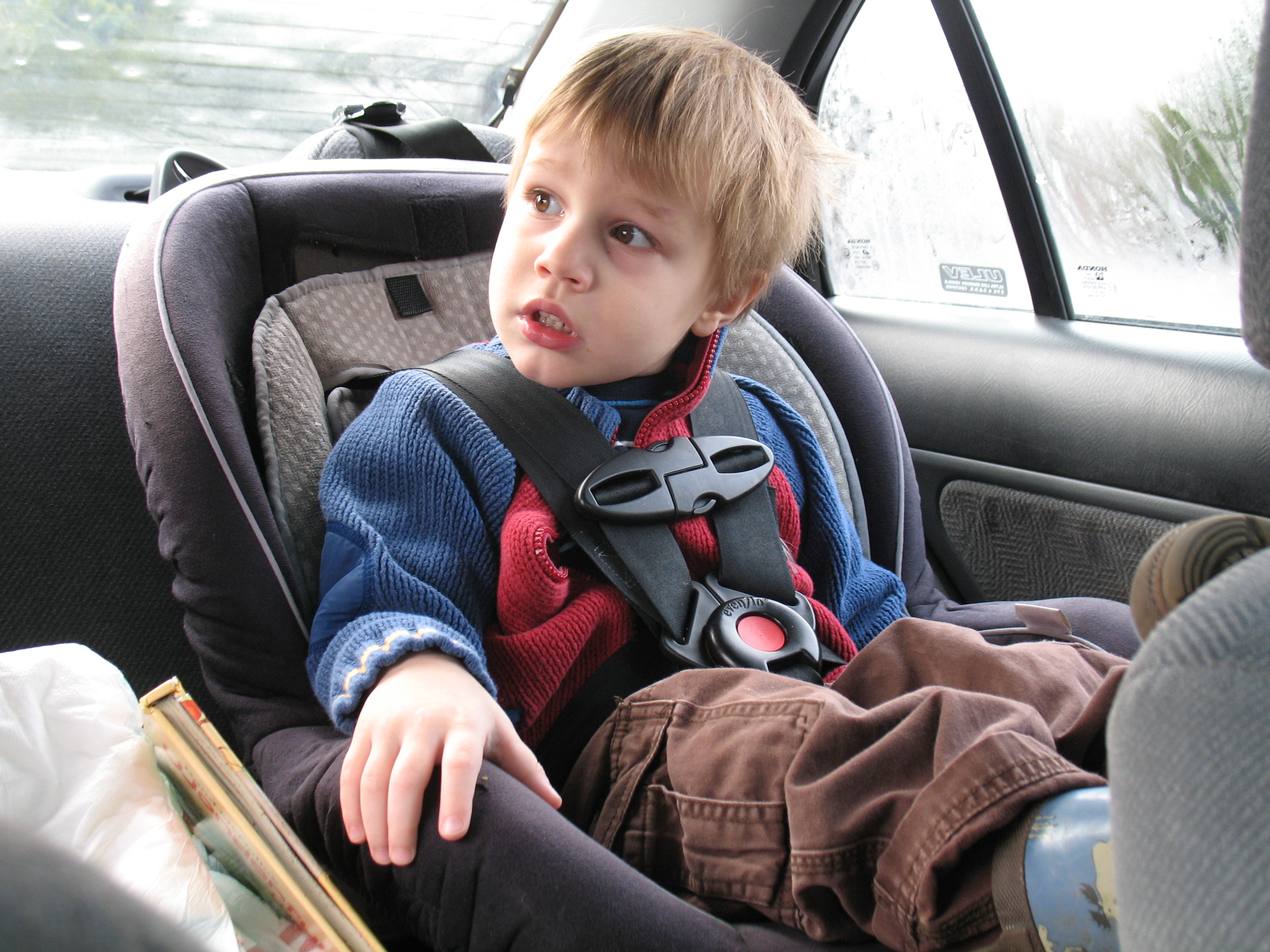Choosing a family car is a serious decision that requires a lot of effort. There are a lot of parameters that need to be taken into account. The most common of them are the capacity of the cabin and trunk, the number of seats, and safety.
While making a choice, you should consider the family budget since it is unlikely to be worth spending all the money on a car. If you want to choose the best car to lease or buy, you should know that it must be reliable. You shouldn’t spend the whole family budget on repairs. In this article, we gathered five important criteria for choosing a family car.
1. Capacity
A family car should have enough seats. This is extremely important if you have a large family or family were grandparents also travel with you. In this case, a coupe or roadster will definitely not suit. The capacity of a family car should reach seven people and the third row of seats should meet the requirements arising from long trips.
All these parameters should be considered even if your family is not so numerous because there is always a chance of its replenishment. You shouldn’t forget about the transportation of other relatives or pets as well. Indeed, buying a minibus is too much, but there should be room for at least five passengers in the car.
2. Safety
The body of the car should be rigid. The front, side, and rear seats should be equipped with airbags. Before you buy a car for family trips, you need to learn the results of crash tests because they describe the degree of safety of the car.

There are certain active safety features that can prevent accidents. The most common of them are:
- Slip prevention system
- Anti-blocking agent
- Exchange rate stability system
- Brake force distributor
- Immediate braking system
- A system that prevents dangerous proximity with another vehicle or any object
If you plan to transport small children in the car, you should pay attention to LATCH (lower anchors and tethers for children). It installs the child seat in such a way that in case of a possible accident, the child will be as safe as possible.
3. Trunk volume
During travel, each member of the family should be able to take something necessary for themselves. If you plan to bring along skis or other attributes of outdoor activities, then the luggage capacity should be even greater.
However, there may not be a relationship between the capacity of the trunk and the passenger compartment. A rather voluminous trunk is sometimes installed on a car with a standard capacity of 5 people and some multi-seat cars are equipped with very small luggage compartments. Even if there is not enough space in the trunk, it can be increased by installing an additional plastic trunk on the car roof.
4. Reliability
If the car breaks down frequently, it is definitely not suitable for family trips. Frequent malfunctions not only require a lot of money but also brake plans of several people. There is an opinion that the more complex the car design, the higher the likelihood that it will break more often. However, a simple and cheap car design doesn’t always mean quality and reliability.
Family cars are supposed to be used for a long time. Having a large family always means a lot of expenses. That’s why the car could be for 10 years or more. Experts recommend adhering to the middle ground, but the choice should be made only among cars produced by trusted manufacturers.
5. Cost of service
A large family will always find what to spend their money on. That’s why extra expenses for a car are undesirable. Car maintenance should be inexpensive. This concept includes fuel costs (it is better to choose economical cars), tax expenses, periodic maintenance, and repair. A family car weighs a lot and a low-power engine will not cope with the load.


Join the conversation!